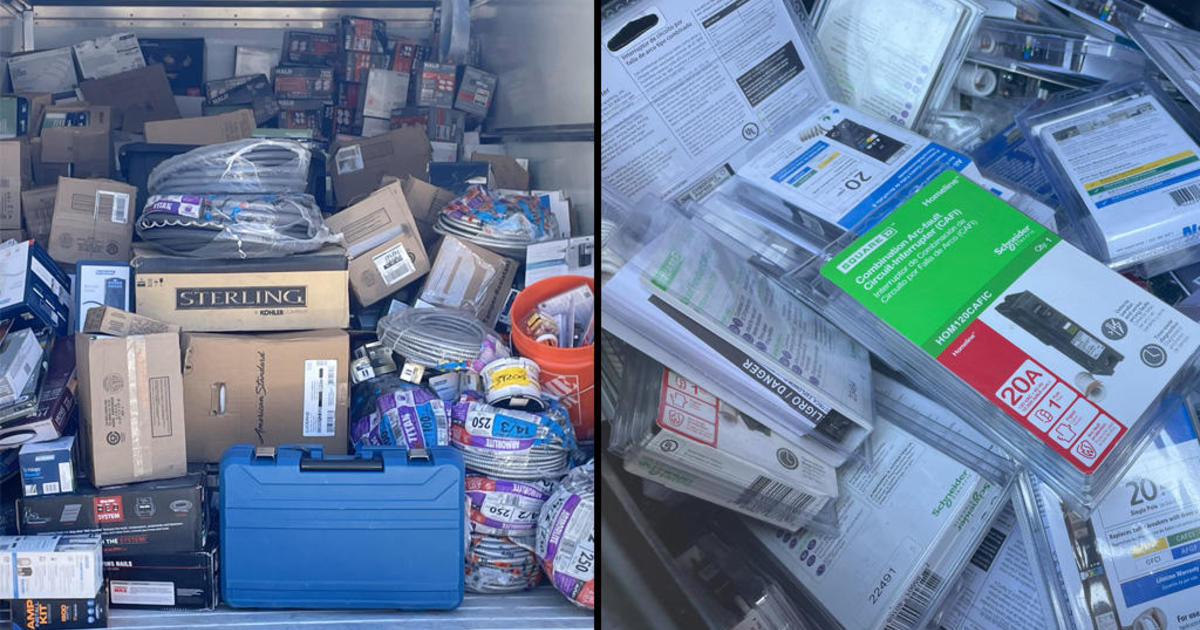Santa Clara County's Supply Of Free Mosquito Larvae-Eating Fish For Distribution Nearly Gone
SAN JOSE (CBS SF) -- This year's supply of mosquitofish is nearly gone in Santa Clara County, but the county's Vector Control District is planning to renew in April its program offering the mosquito larvae-eating fish for free to the public, a district official said.
The mosquitofish are grown by the San Jose-based agency and given to people who have pools, ponds or other small bodies of water on their property where larvae breed and hatch into mosquitoes than can bite and spread diseases among humans, control district acting director Russ Parman said.
Vectors are blood-sucking insects such as mosquitoes, flies and bugs that bite and feed on infected birds and other animals and then bite and transmit the diseases to people, according to county officials.
The control district, in charge of eradicating vectors like mosquitoes, have been distributing mosquitofish, which eat mosquito larvae in standing freshwater, to county residents since the district was created in 1988, Parman said.
"We use them in neglected swimming pools, cattle troughs, things like that," Parman said.
Mosquitoes tend to breed in the summer months in standing water, start to drop off in the fall and winter and begin to return when the warm weather resumes in the spring, Parman said.
Mosquitofish, native to backwaters and freshwater ponds in North and Central America, live for two to three years and mature females can reach 2.8 inches long and males about 1.6 inches, according to the district's website.
The district will send personnel to homes throughout the county free of charge to deposit the fish into standing water where mosquitoes are or might be breeding, he said.
"Typically, we'll plant six or seven fish into a swimming pool," he said. "They're very voracious."
On average, about six out of 10 swimming pools qualify for the fish, which can survive in chlorinated pools when the chlorine has dissipated in the water a few days after application, he said.
However, they will not survive in water containing chloramines, a disinfectant used to treat drinking water but that is deadly to freshwater fish, he said.
The fish tend to stay close to the surface of the water where the larvae live, are sturdy enough to tolerate some levels of salinity and a wide range of temperatures, according the district website.
They also multiple quickly and the control district, with permission, will come out to residents' property, remove the fishes' live-borne offspring to grow them at the district's offices for planting later, Parman said.
The fish lessen the need for the spraying of pesticides to control mosquitoes, according to the district's website.
The district warns that the mosquitofish can become competitors with other native species of fish and it is against regulations of the state Department of Fish and Game for private citizens to plant the fish in public waters in the state without permission, Parman said.



